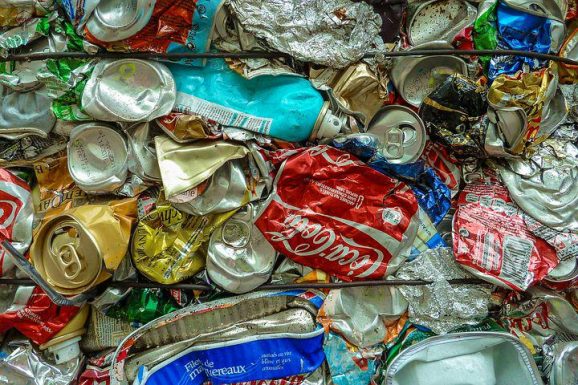Conozca los beneficios de la recogida selectiva de residuos y el reciclaje para el medio ambiente y la sociedad.
La recogida selectiva y el reciclaje suelen reducir el impacto negativo de los residuos que afectan al medio ambiente y a la sociedad. La recogida selectiva de residuos implica la gestión de los mismos, mediante su almacenamiento temporal, por categorías, en lugares especialmente dispuestos, para su reciclaje.
El reciclaje es la recogida, separación y tratamiento de productos/materiales ya utilizados o de algunos de sus componentes para transformarlos en nuevos bienes útiles.
- El reciclaje de papel ahorra aproximadamente el 25% de la cantidad de electricidad y el 90% de la cantidad de agua utilizada para producir un kilogramo de papel.
- Las cajas de cartón utilizadas para envasar bebidas (leche, zumos, por ejemplo) están hechas de papel protegido por finas capas de plástico (polietileno). Las cajas asépticas tienen una fina capa de aluminio que facilita la conservación del contenido durante más tiempo, sin necesidad de conservantes, ya que impide que el oxígeno y la luz entren en el envase. Las cajas de este tipo pueden ser recicladas.
- A partir del PET reciclado se puede fabricar una amplia gama de productos: láminas de aislamiento para techos, componentes para la industria del automóvil o para luminarias, queroseno para aviones, textiles, etc. Al mismo tiempo, se necesitan espacios muy grandes para el almacenamiento de PET. Por ello, lo mejor es contribuir a su reciclaje.
- Los residuos pasan diferentes periodos de tiempo en el proceso de biodesintegración natural, ayudados por la humedad, las bacterias, la falta de luz, etc:
- cáscaras de frutas y verduras – 2-5 meses
- una bolsa de papel – 3-5 meses
- periódicos – 3-12 meses
- una cerilla – 6 meses
- un chicle – 5 años
- un zapato de cuero – 25-50 años
- una dosis de aluminio – hasta 100 años
- un PET – más de 500 años
- una tarjeta de crédito – unos 1.000 años
- un envase de vidrio – 1.000.000 de años
Fuente (en rumano)

